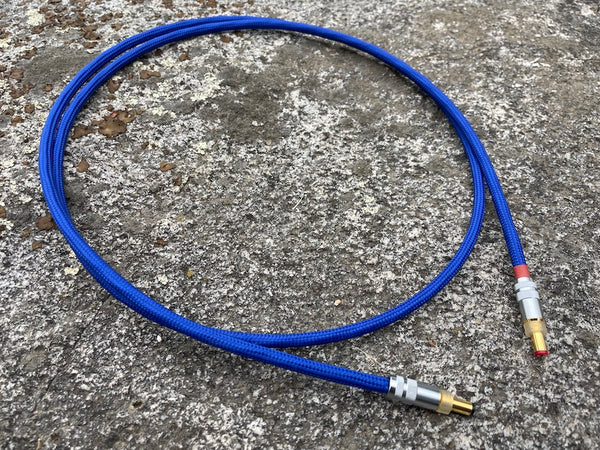Thanks Emile for your excellent reply. The sonic differences among the filters are rather obvious. What I'm trying to figure out is which one (and which combination) is sonically correct, or to be more appropriate, sonically preferred. The first thing that comes to mind, is that the filters are a good solution to a problem that may not be relevant if a battery was utilized in lieu of an LPS. But that's a story for another day. Meanwhile, it seems they can be a excellent adjunct for system "tuning" as we often like to do, which is of course, the reason you provided such good flexibility among the filter options.
If I remember correctly from my crossover building days, the parameters of impedance, capacitance and inductance are obviously important in altering the bandwidth and slope of the filter function, but inherent in that is also the phase response that is dependent on the filter design (i.e. Butterworth, Bessel, Linkwitz-Riley). I'm currently trying to assess the various filters with particular regard to phase error and their sonic consequences since it is in this area that I think the filter differences impact the sonics in a way that seem to matter most as to what the recording microphones reveal (perhaps most easily assessed for orchestral recordings). Phase errors are, for me, often the key as to the much cited ":you are there" or "they are here" effect in which the time domain changes are perhaps more relevant than frequency domain differences when listening to music reproduction with the various filters in the DCD. I'm still sorting out my preferences but in the interim I'm grateful for the filter options provided while trying to learn their respective sonic signatures.
You're welcome!
Indeed these filters do not provide any benefit, and are even detrimental, when used with our BPS. But they can be beneficial for "off the shelf" battery solutions as the BMSs (Battery Management Systems) used in those are pretty decent noise generators themselves. It took quite some effort to design a BMS which does not contribute any noise to the battery cell noise which is mainly low frequency in nature and only measurable on a nanovolt scale (caused by the battery's chemical processes).
The controversary in all of this is of course that these different filters, which most electrical engineers would consider to be interchangeable and not actually be different at all, as they all more then suffice to "get the job done", create rather substantial differences in your sound, while they're only filtering DC power going into your switch and router which are already heavily filtered.



